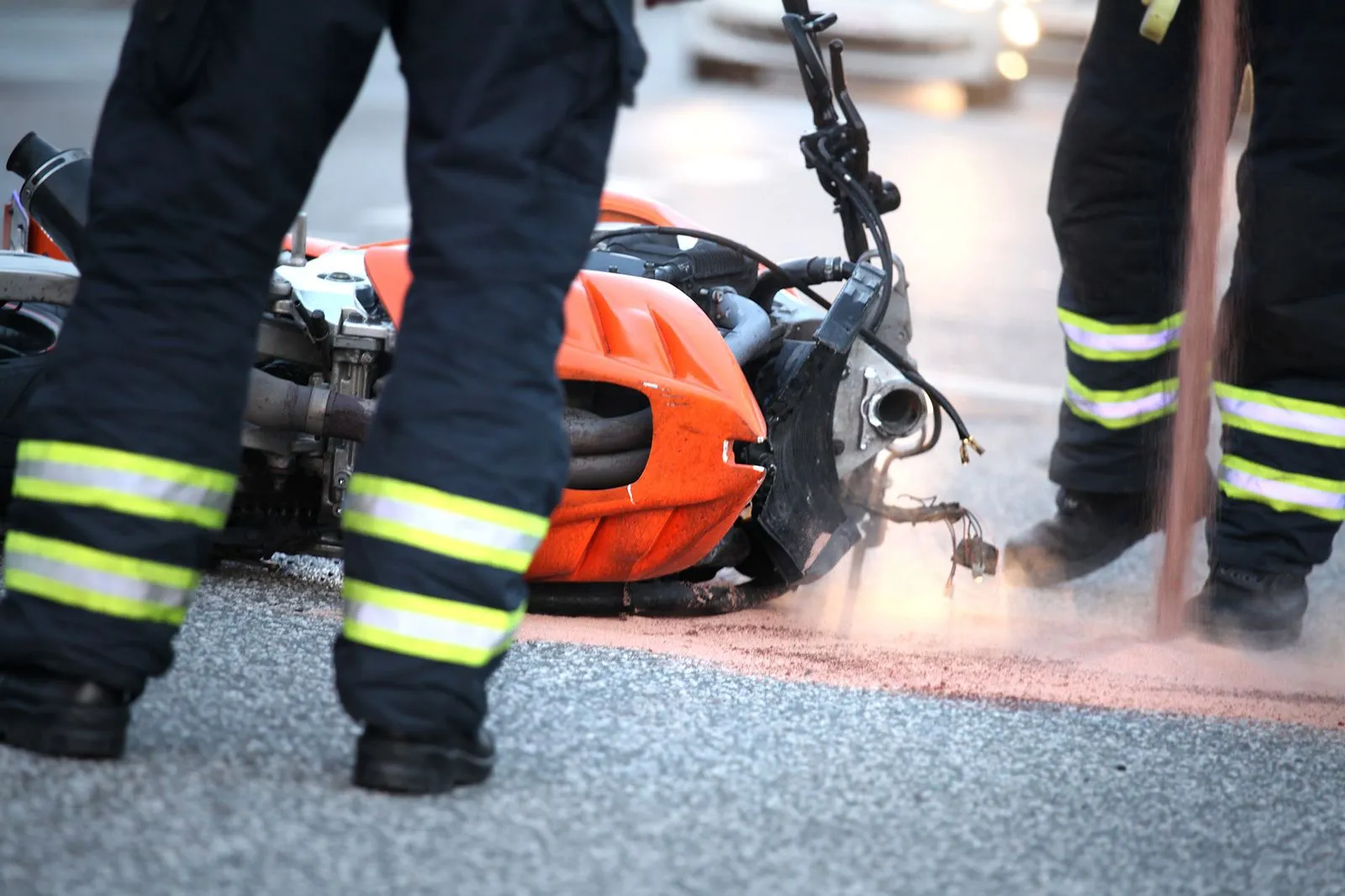Home » Practice areas » Personal Injury » Premises Accidents
Table of Content

In California, property owners have a legal obligation to take reasonable steps to ensure that their property is safe for visitors and guests. The specific obligations of property owners can vary depending on the circumstances, but some general obligations include:
If property owners fail to fulfill these obligations and someone is injured as a result, they may be held liable for the damages.

There are many different factors that can contribute to premises accidents, and the specific causes can vary depending on the type of property and the circumstances involved. Some common causes of premises accidents include:
These are just a few examples of the many factors that can contribute to premises accidents. If you have been injured on someone else’s property, it is important to seek medical attention and consult with a personal injury attorney to determine your legal options.
The injuries resulting from premises accidents can vary depending on the type and severity of the accident. Some common injuries resulting from premises accidents include:
These are just a few examples of the many injuries that can result from premises accidents. If you have been injured on someone else’s property, it is important to seek medical attention and document your injuries in order to build a strong personal injury claim.
There are many ways that you can injure your knee in a premises accident. Some common causes of knee injuries in premises accidents include:
Knee injuries can range from mild sprains to more severe injuries, such as torn ligaments, dislocations, or fractures. It is important to seek medical attention if you have been injured in a premises accident, as knee injuries can be painful and can significantly impact your mobility and quality of life. Additionally, it is important to consult with a personal injury attorney to determine your legal options if you have been injured due to the negligence of a property owner.
Premises accidents can result in a range of neck or spine injuries, depending on the nature and severity of the accident. Some common neck or spine injuries resulting from premises accidents include:
These injuries can range from mild to severe and can significantly impact your mobility, comfort, and quality of life. If you have suffered a neck or spine injury in a premises accident, it is important to seek medical attention and consult with a personal injury attorney to determine your legal options.
There are several ways that you can injure your shoulders and arms in a premises accident. Some common causes of shoulder and arm injuries resulting from premises accidents include:
Injuries to the shoulders and arms can include sprains, strains, fractures, dislocations, and other types of soft tissue injuries. These injuries can be painful and can significantly impact your mobility and ability to work or perform daily tasks. If you have been injured in a premises accident and have sustained shoulder or arm injuries, it is important to seek medical attention and consult with a personal injury attorney to determine your legal options.
Determining fault after a premises accident requires a careful analysis of the facts and circumstances surrounding the incident. In general, the person or entity that owns or controls the property where the accident occurred may be held liable for any injuries that result from a hazardous condition on the property. To determine fault, several factors may be considered, including:
To determine fault after a premises accident, it may be helpful to consult with a personal injury attorney who has experience handling these types of cases. An attorney can help investigate the accident, gather evidence, and build a case to help you recover damages for your injuries.
In California, the statute of limitations for premises liability claims is generally two years from the date of the accident. This means that a person who has been injured in a premises accident must file a lawsuit within two years of the date of the accident, or they may lose the right to seek compensation for their injuries.
There are some exceptions to this two-year deadline, however. For example, if the injured person was a minor at the time of the accident, the statute of limitations may be extended until their 18th birthday. Additionally, if the injured person was mentally incapacitated at the time of the accident, the statute of limitations may be tolled until they regain their mental capacity.
It is important to note that while the two-year statute of limitations may seem like a long time, it can pass quickly, especially if you are dealing with injuries and medical treatment. For this reason, it is important to consult with a personal injury attorney as soon as possible after a premises accident to ensure that your legal rights are protected and that you meet all applicable deadlines.
A personal injury attorney can help in several ways after a premises accident, including:
Overall, a personal injury attorney can help protect your legal rights and ensure that you receive the compensation you deserve after a premises accident. If you have been injured in a premises accident, it is important to consult with an experienced personal injury attorney as soon as possible to discuss your legal options.
The damages that may be recoverable from a premises accident will depend on the specific circumstances of the case. In general, the following damages may be recoverable:
In some cases, punitive damages may also be awarded if the property owner’s conduct was particularly egregious or intentional.
It is important to note that the damages that are recoverable will vary depending on the specific circumstances of the case. An experienced personal injury attorney can help assess your damages and determine the appropriate compensation to seek for your injuries.
Content, including images, displayed on this website is protected by copyright laws. Downloading, republication, retransmission or reproduction of content on this website is strictly prohibited. Terms of Use | Privacy Policy